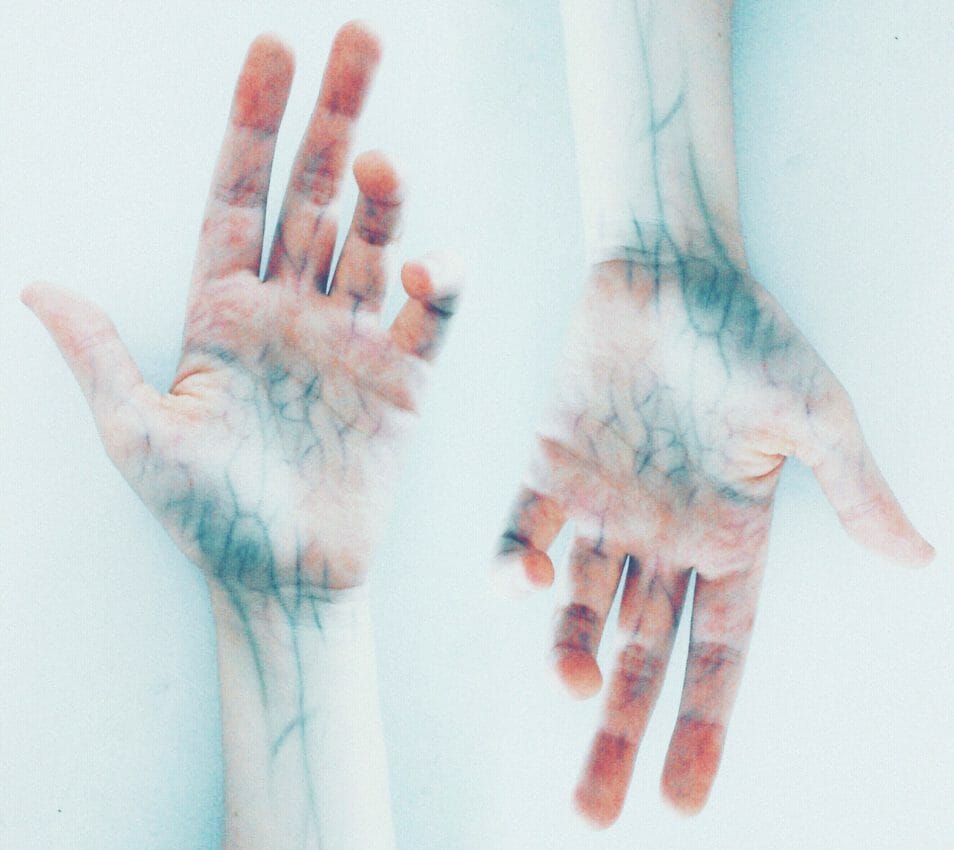Your heart works non-stop to pump blood through your body, and your veins play a vital role in transporting that blood back to your heart. Over time, the valve walls in your veins can weaken, causing blood to flow backward and pool in your legs and feet.
It’s essential to be aware of venous insufficiency signs and seek treatment as soon as possible. By taking early action, you can help to prevent more severe problems from developing. So if you notice any changes in your veins, don’t delay seeking medical attention.
There are several types of venous disorders, but some are more common than others. Varicose veins and spider veins are the two most common types of vein disorders affecting both men and women. Hand and facial veins are also common, although they usually affect only women. Deep vein thrombosis is a severe condition that can lead to serious health complications, but it is relatively rare.
Varicose veins are common conditions that millions of Americans suffer from. They occur when the valves in the veins begin to malfunction, allowing blood to flow backward. This causes the veins to become enlarged and twisted. Although varicose veins are usually not painful, they can cause several symptoms, including fatigue, heaviness, itching, and burning.
If you’re experiencing symptoms like varicose veins, it’s important to see a doctor to receive treatment. Many treatment options are available in a medical center like Dallas vein clinic, including lifestyle changes, compression stockings, surgery, and more. With proper treatment, you can minimize your symptoms and improve your quality of life.
Spider veins are small, superficial varicose veins. They’re not usually painful but the deeper ones can be bothersome to some people because of their weight and tightness against skin surfaces as well as other symptoms that may come with them such like pain or burning sensation when pushing on those areas for example . Many patients want treatment mainly so they don’t have any more discomfort than what’s already there while others might also enjoy cosmetic improvement by eliminating these visible signs altogether.
All of these conditions can be treated with lifestyle changes, medical interventions, or surgery. In some cases, vein abnormalities may resolve independently without any treatment. However, if you are concerned about any type of venous disorder, you should speak to your doctor for a diagnosis and recommendations for treatment.
There are several treatment options available. Self-care measures such as elevating your legs and wearing loose-fitting clothing can help to relieve symptoms. In addition, compression stockings can help to reduce pain and swelling by exerting gentle pressure on the affected area. In some cases, surgery or other procedures may be necessary to remove the varicose veins. These procedures are often done as outpatient procedures, which means you can go home the same day. Before making any treatment decisions, check with your insurer to see if varicose vein treatment is a covered expense.
Radiofrequency ablation is a proven, minimally invasive treatment for varicose veins. It uses radiofrequency energy (instead of laser) to heat up and damage the wall inside your skin’s largest blood vessels – which usually ends up closing off those pesky leg ulcers.
The great thing about radiofrequency ablation is that it’s a minimally invasive outpatient procedure that gets you back to normal. The procedure takes about an hour, and you can expect bruising and soreness for a few days after. Radiofrequency ablation is a safe and effective way to treat varicose veins. If you’re considering this procedure, talk to your doctor about it.
From New York to Dallas, vein clinics have been rising in recent years all over the country. There is an increasing number of clinics that provide care for your veins. The procedure will take about one hour. You’ll experience some bruising or soreness afterward, but nothing too bad-just normal reactions from having surgery done correctly by professionals who know what they’re doing at all times.



